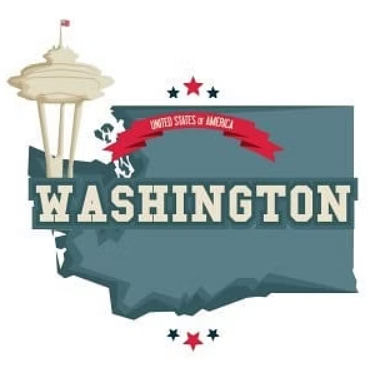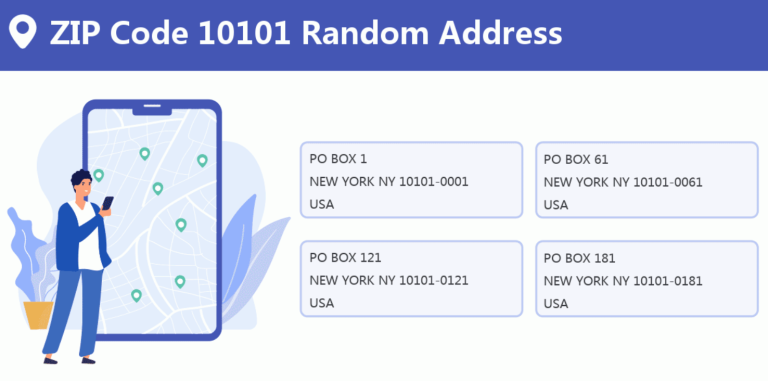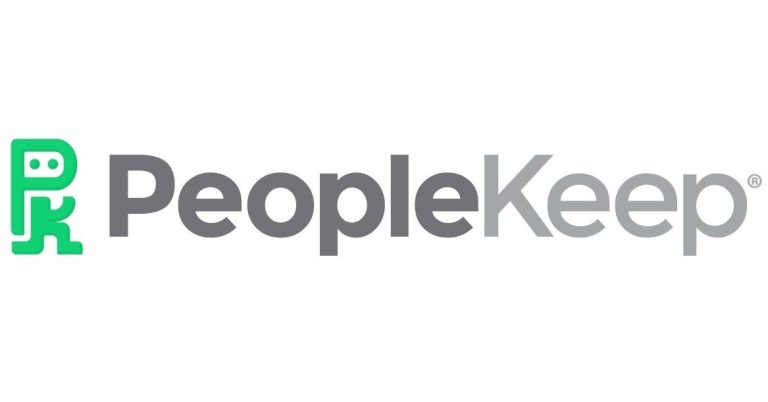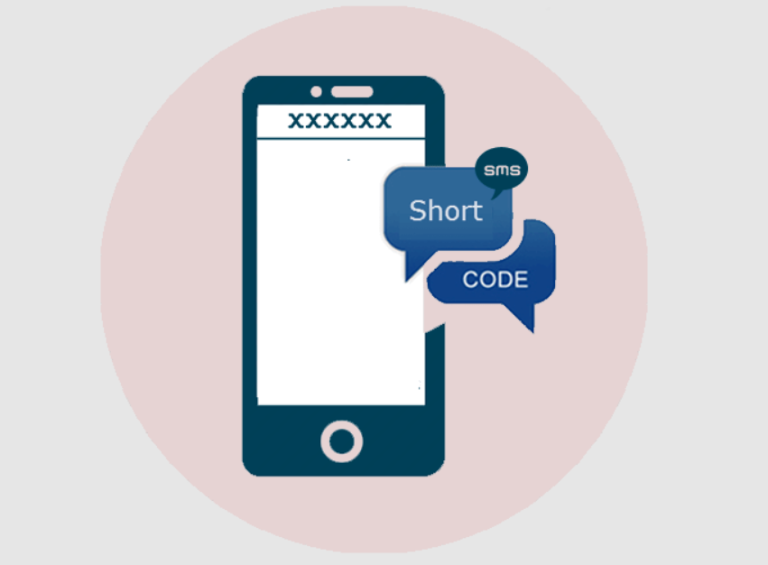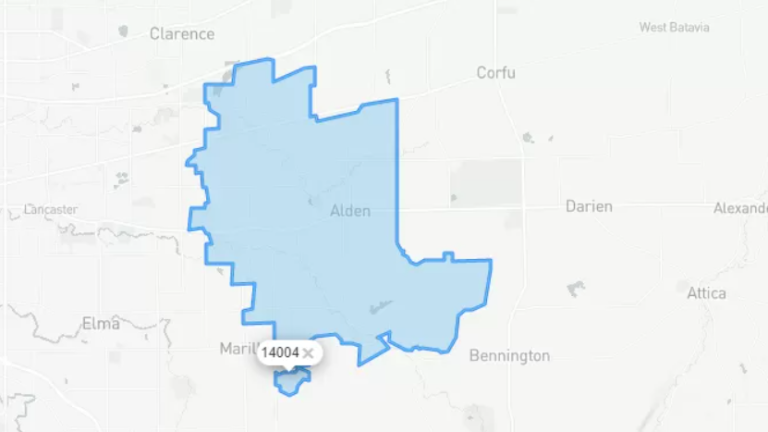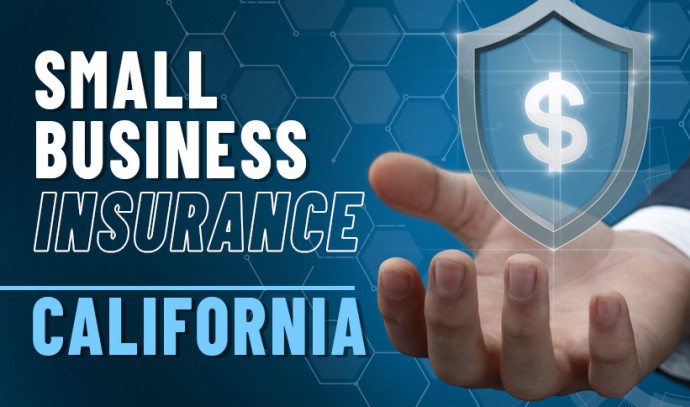In the bustling commercial landscape of Washington State, businesses face a myriad of risks that could potentially disrupt operations, cause financial losses, and even lead to legal liabilities. From natural disasters to property damage, employee injuries to cyberattacks, the unforeseen can strike at any time. That’s where Washington commercial insurance comes in, acting as a vital safeguard for businesses of all sizes and industries.
In this comprehensive guide, we’ll delve into the intricacies of commercial insurance in Washington, exploring the various types of coverage available, the legal requirements, and essential tips for choosing the right insurance for your business.
Contents
I. Understanding Washington Commercial Insurance
What is Commercial Insurance?
Commercial insurance is a type of insurance policy designed specifically for businesses, providing financial protection against a wide array of risks. It covers losses arising from property damage, liability claims, employee injuries, and other unforeseen events that could impact a business’s operations and financial stability.
Why is Commercial Insurance Important in Washington?
- Legal Requirements: Washington State mandates certain types of commercial insurance for businesses, such as workers’ compensation insurance and commercial auto insurance. Failure to comply with these requirements can result in penalties and legal consequences.
- Financial Protection: Commercial insurance provides a safety net for businesses, covering the costs of property damage, legal fees, medical expenses, and other losses arising from covered events.
- Business Continuity: In the event of a disaster or major loss, commercial insurance can help businesses recover and resume operations more quickly, minimizing downtime and financial setbacks.
- Peace of Mind: Knowing that your business is protected by insurance allows you to focus on growing your business and serving your customers without the constant worry of potential risks.
II. Types of Washington Commercial Insurance
1. Property Insurance
Property insurance is a fundamental type of commercial insurance that covers physical assets such as buildings, equipment, inventory, and furniture against damage or loss due to fire, theft, vandalism, natural disasters, and other covered perils.
Key Considerations:
- Replacement Cost vs. Actual Cash Value: Replacement cost coverage pays to replace damaged property with new items of similar kind and quality, while actual cash value coverage pays the depreciated value of the damaged property.
- Business Interruption Insurance: This additional coverage helps businesses cover lost income and ongoing expenses during the period of restoration after a covered loss.
2. Liability Insurance
Liability insurance protects businesses against claims of bodily injury, property damage, or personal and advertising injury caused to third parties. It covers legal fees, settlements, and judgments arising from such claims.
Types of Liability Insurance:
- General Liability Insurance: Covers common risks such as slip-and-fall accidents, customer injuries, and property damage caused by your business operations.
- Product Liability Insurance: Protects businesses against claims arising from injuries or damages caused by products they manufacture, distribute, or sell.
- Professional Liability Insurance: Also known as errors and omissions insurance, it covers professionals such as lawyers, accountants, and consultants against claims of negligence or malpractice.
3. Workers’ Compensation Insurance
Workers’ compensation insurance is mandatory in Washington for businesses with one or more employees. It provides benefits to employees who suffer work-related injuries or illnesses, covering medical expenses, lost wages, and rehabilitation costs.
Key Points:
- Coverage Requirements: Washington State has specific requirements for workers’ compensation coverage, including minimum benefit levels and reporting obligations.
- Exemptions: Some businesses may be exempt from workers’ compensation requirements, such as sole proprietors with no employees and certain types of domestic workers.
4. Commercial Auto Insurance
Commercial auto insurance is required for businesses that own or use vehicles for business purposes. It covers liability claims arising from accidents involving company vehicles, as well as damage to the vehicles themselves.
Coverage Considerations:
- Liability Coverage: Covers bodily injury and property damage caused to others in an accident.
- Collision Coverage: Covers damage to your own vehicle in an accident, regardless of fault.
- Comprehensive Coverage: Covers damage to your vehicle from non-collision events such as theft, vandalism, fire, and natural disasters.
5. Other Types of Washington Commercial Insurance
- Cyber Liability Insurance: Protects businesses against losses arising from data breaches, cyberattacks, and other cyber-related incidents.
- Employment Practices Liability Insurance (EPLI): Covers businesses against claims of discrimination, harassment, wrongful termination, and other employment-related issues.
- Directors and Officers (D&O) Insurance: Protects directors and officers of a company against claims of mismanagement, breach of fiduciary duty, and other wrongful acts.
- Business Owner’s Policy (BOP): A package policy that combines property insurance, liability insurance, and business interruption insurance into a single policy, often at a discounted rate.
III. Legal Requirements for Washington Commercial Insurance
Mandatory Insurance
- Workers’ Compensation Insurance: Required for businesses with one or more employees.
- Commercial Auto Insurance: Required for businesses that own or use vehicles for business purposes.
Other Requirements
- Proof of Insurance: Businesses may be required to provide proof of insurance to obtain licenses, permits, or contracts.
- Minimum Coverage Limits: Washington State sets minimum coverage limits for certain types of insurance, such as commercial auto insurance.
IV. Choosing the Right Washington Commercial Insurance
1. Assess Your Business Risks
Conduct a thorough risk assessment to identify the specific risks your business faces. Consider factors such as your industry, location, size, operations, and assets.
2. Consult an Insurance Agent or Broker
An experienced insurance professional can help you understand your insurance needs, compare quotes from different insurers, and tailor a policy that fits your specific requirements and budget.
3. Compare Quotes and Coverage
Obtain quotes from multiple insurers and carefully compare the coverage, limits, deductibles, and exclusions before making a decision.
4. Review and Update Your Policy Regularly
As your business grows and evolves, your insurance needs may change. Review your policy annually or whenever you make significant changes to your business operations.
V. Conclusion
Washington commercial insurance plays a critical role in protecting businesses from the financial and operational consequences of unforeseen events. By understanding the types of coverage available, the legal requirements, and the key factors to consider when choosing insurance, you can make informed decisions to safeguard your business and ensure its long-term success. Remember, investing in the right insurance is an investment in the future of your business.
Read More: Does T-Mobile Have Text Message Records? A Comprehensive Look

